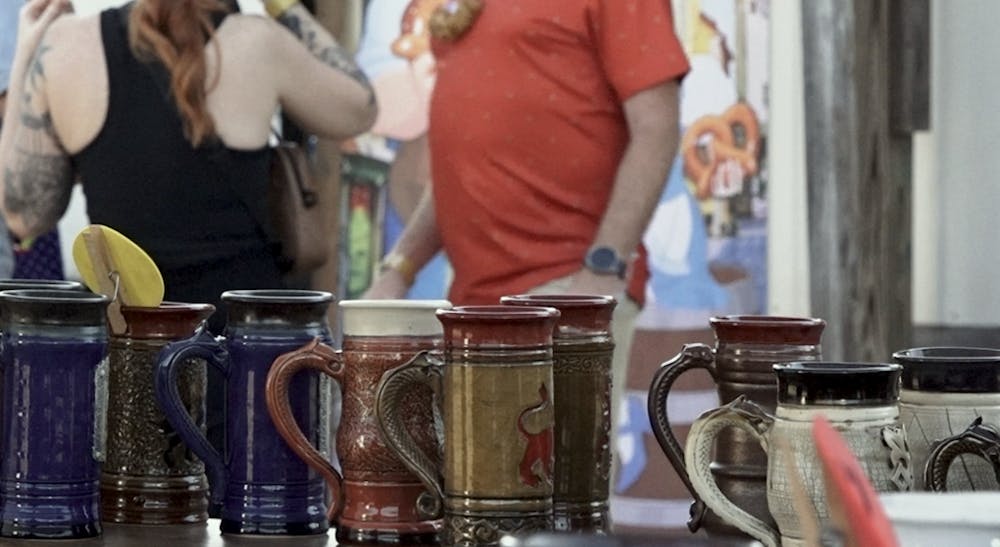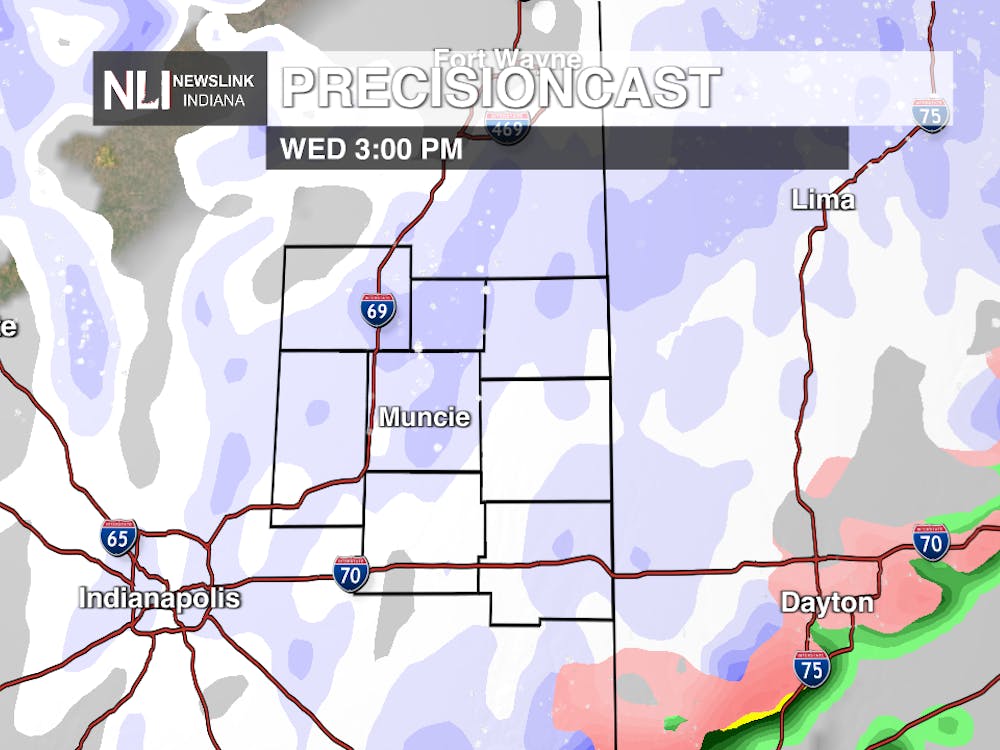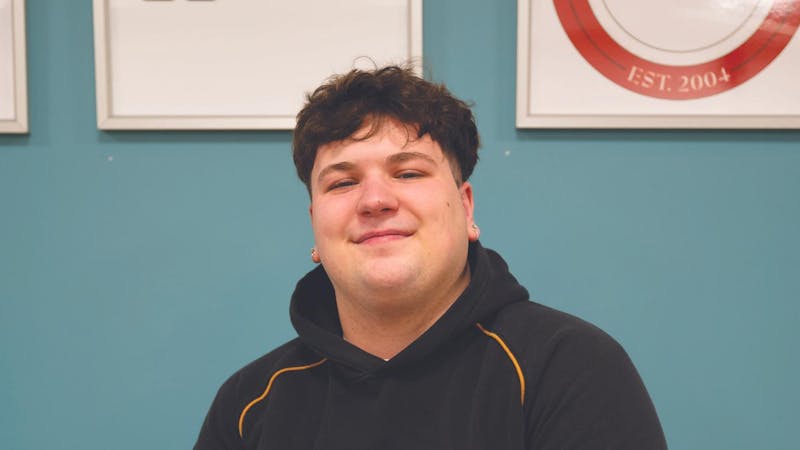MUNCIE, Ind. — The Munich to Muncie Oktoberfest celebrated its 4th annual event on September 27th. This year's event was organized by Festival chair Kim Miller.
"Traditionally, it is in Germany, I believe it's like the second weekend in September, and then it ends the first weekend of October. So it's a big celebration over there; that's a lot of weeks. That's why we have it when we do, because we wanted to fall in the time period of the traditional Oktoberfest,” said Miller.
While Oktoberfest is well known for its large beer consumption and variety of carbohydrate-based foods, the event has a rich history yet to be discovered.
Oktoberfest originates from Munich, Germany, and was first celebrated after the wedding of Crown Prince Ludwig of Bavaria and Princess Therese of Saxe-Hildburghausen. The celebration became a tradition for years after and continued to expand the festivities. Since 1994, Oktoberfest has been celebrated for 16 days, starting with an opening ceremony and parade, and ending after the first Sunday in October.
The Muncie Oktoberfest may have only lasted for one day, but they made sure to make it count. Full of local breweries and food trucks, the celebration was busy. The Yard, the venue that hosted Oktoberfest, is a newly renovated lumber yard. After almost 130 years, the old lumber yard was abandoned and run down, until ecoREHAB came in and cleaned up the property. Jason Haney, ecoREHAB’s CEO, said that a friend of the organization thought that the new venue looked perfect for a beer garden.
“We're looking at an event to throw in Muncie, we wanted something that brings people from all different backgrounds together,” explained Heney. “Bring them here to our campus, learn a little bit more about what we do, and what brings people more together than beer?”
Over the years, Oktoberfest has been celebrated not just by guests who have been looking forward to the event. Local vendors come from all over Muncie selling beer, food and even traditional steins, which is a large traditional drinking mug from Germany.
One vendor sold custom porcelain steins, decorated with unique designs that ranged from sports icons to mythical creatures. Alan Reinhardt runs his own company where he makes his steins from scratch.
"The stein actually means stone in German, so these are made of high-fired stone wear and they're very durable,” said Reinhardt.
Muncie’s Oktoberfest might be a brief version of the traditional celebration, but it packs the core traditions into one exciting day. The Munich to Muncie planning community hopes to continue holding the annual Oktoberfest for years to come.
Contact Aiden Murray with comments at aiden.murray@bsu.edu.










